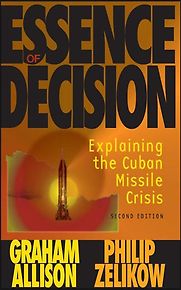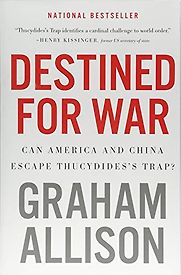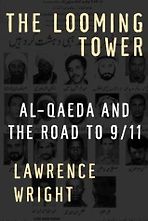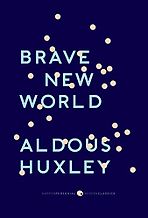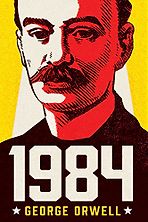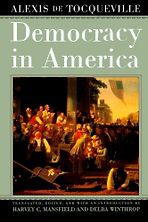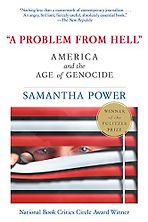Recommendations from our site
“This I chose as a very good example of interpretive international relations. It starts from the classic realist assumption in international relations: national interest is everything. Nations do what they do because it’s in their national interest to do so, rationally understood. And Allison offers alternative accounts to that, not to the exclusion of it, but to supplement it. What makes it a really neat book is that it focuses on the Cuban Missile Crisis of 1962. US spy planes flying over Cuba discovered tell-tale signatures of Russian missile sites under construction, and just about finished at this point. Cuba is very close to the US. Any missile fire from Cuba would reach anywhere in the eastern half of the US within a matter of minutes, cutting down response time in Washington, which was strategically not good. The US couldn’t allow them to stay – but it was really tricky figuring out how to get rid of them, which involved trying to figure out what the Russians were up to. It was a dangerous time. President Kennedy thought at the time that there was a fifty-fifty chance of it all ending in nuclear war. So the case was of more than just academic interest.” Read more...
The Best Political Science Books
Robert E. Goodin, Political Scientist
